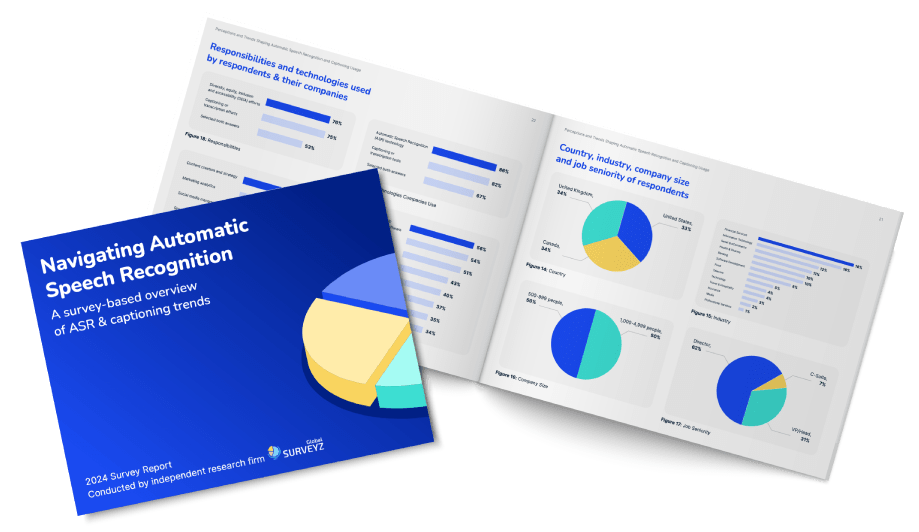Didlake, Inc., a government contractor that provides janitorial and maintenance employees to federal worksites throughout Virginia, Maryland, and the District of Columbia, will pay $1,017,500 to resolve a disability discrimination lawsuit filed by the U.S. Equal Employment Opportunity Commission (EEOC).
According to the lawsuit, Didlake, a nonprofit that employs a significant number of employees with disabilities, failed to provide communications accommodations, including American Sign Language (ASL) interpreters, for deaf and hard-of-hearing employees, and maintained a policy of terminating employees who requested medical leave but did not qualify for leave under the Family and Medical Leave Act (FMLA).
The Americans with Disabilities Act (ADA) requires employers to provide reasonable accommodations to employees with disabilities if doing so would not pose an undue hardship.
The five-year decree settling the suit includes monetary relief for two employees and to the estate of a third individual. It also provides money for two groups of claimants: current and former maintenance and janitorial employees who are deaf or hard of hearing and were denied communications accommodations, and former employees who were terminated because they required medical leave but were not eligible for FMLA leave.
Didlake also will update its existing policies relating to leave and reasonable accommodations, provide training to its management on the ADA, and educate all employees on how to request reasonable accommodations.
“This litigation is an important reminder that employers must provide effective accommodations to employees who are deaf and hard of hearing,” said Debra M. Lawrence, a regional attorney in the EEOC’s Philadelphia office. “Such accommodations must be provided on an ongoing basis to ensure that these employees can participate in meetings and other workplace communications.”

PepsiCo sued for failing to accommodate employee
A lawsuit argues PepsiCo Beverage Sales, LLC violated federal law when it failed to provide a reasonable accommodation to and fired a blind employee in its North Carolina call center.
According to a suit by EEOC, PepsiCo hired a blind employee as a customer care advocate for its Winston-Salem call center. The employee notified PepsiCo that he was blind and requested a reasonable accommodation that would allow him to access information in the call center computers to perform his job. A vocational counselor from the North Carolina Department of Health and Human Services (NCDHHS) offered to conduct an assistive technology assessment of PepsiCo’s computer system and offered assistance with purchasing supportive equipment for the employee.
According to the EEOC, this assistance was rebuffed by PepsiCo, which represented to NCDHHS that the accommodations had to be handled internally. The employee was placed on unpaid leave while PepsiCo reviewed the accommodation request. PepsiCo claimed it did not have other jobs that were suitable for the employee and fired him. PepsiCo failed to consider or offer other accommodations to assist the employee in performing the essential functions of the job, the EEOC said.
Such alleged conduct violates the ADA, which protects employees and jobseekers from disability discrimination. The suit – EEOC v. PepsiCo Beverage Sales, LLC d/b/a PepsiCo Beverage Company – was filed in U.S. District Court for the Middle District of North Carolina.
$325K settlement in suit over reasonable accommodations
Nonprofit organizations Opportunities and Resources, Inc. and ORI Anuenue Hale, Inc., recipients of federal contracts to provide janitorial services on military installations throughout Hawaii, will pay $325,000 to resolve a disability lawsuit.
According to the suit, from as early as 2015, ORI received multiple requests from employees who are deaf for reasonable accommodations, like ASL interpreters, for meetings, including critical safety meetings where ORI discussed chemical hazards and other safety precautions. The suit alleges that ORI was aware of the employees’ disabilities but failed to accommodate deaf and hard of hearing employees dictated by policies or practices set by the very top of the organizations.
In addition to monetary relief, ORI agreed to new compliance measures, including providing sign language interpreters for various workplace meetings. The company also agreed to designate an internal ADA coordinator and to implement ADA policies and procedures to ensure reasonable accommodation requests are properly handled.

GardaWorld to pay $37.5K in disability discrimination case
GardaWorld, a company that provides cash logistics services to banks, financial institutions, and commercial and retail businesses, will pay $37,500 to settle a disability lawsuit filed by the EEOC.
According to the suit, GardaWorld refused to accommodate an employee who is deaf for years despite his repeated requests for an ASL interpreter. The ADA prohibits disability discrimination, including failure to provide reasonable accommodation to qualified individuals.
In addition to the $37,500, the three-year decree settling the lawsuit requires GardaWorld to provide qualified interpreters, in-person or through video remote interpreting, to applicants and employees who are deaf or hard of hearing, including in orientations, trainings, meetings with supervisors, performance reviews, disciplinary meetings, annual meetings, interviews and company meetings. The company also will designate a human resources professional to address complaints or concerns regarding interpreting services and report on any complaints to the EEOC.
FCC meeting set for July 18
The Federal Communications Commission will hold its next public meeting on Thursday, July 18, at 10:30 AM ET. The meeting will be held in the Commission Meeting Room in Washington, D.C. and will be available online and streamed live with open captioning at www.fcc.gov/live.
Among the items on the agenda includes a vote on rules to make closed captioning display settings more ‘readily accessible’ for caption users.




